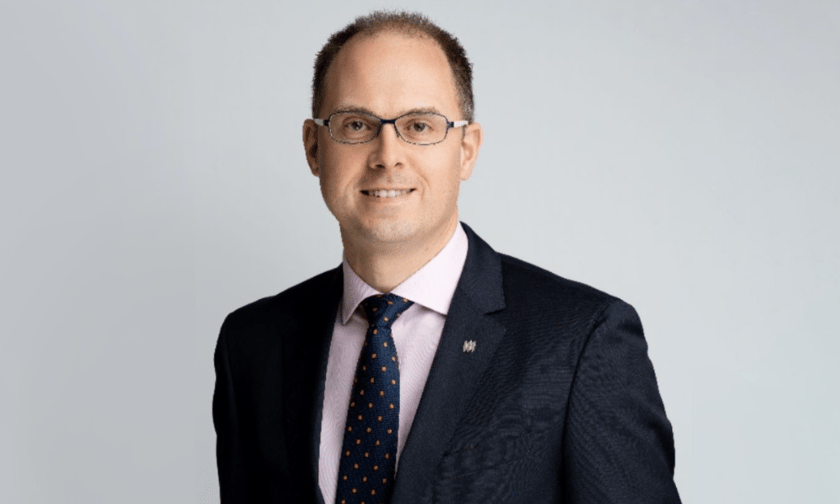

A recent study by Manulife has highlighted that physical health is a key component of financial and mental wellbeing for consumers in Asia, particularly as they plan for the future and retirement.
The survey, however, identified rising healthcare expenses as a major worry, affecting financial stability and causing anxiety about future savings and income.
The 2024 Manulife Asia Care Survey, which collected data from 8,400 participants across Asia, introduced the MyFuture Readiness Index.
This index measures consumers’ perceptions of their current and future wellbeing, including physical, mental, and financial aspects. On a scale from 1 to 100, the desired readiness level is 86, but the expected level is only 72, indicating a lack of confidence in achieving future wellbeing.
The survey results indicated that 39% of Asian consumers prioritise physical wellbeing over financial (32%) and mental (29%) wellbeing. This sentiment is consistent across all eight markets surveyed, suggesting that insurers need to innovate in their health and wellness offerings to meet consumer needs.
Financial wellbeing is higher among married couples with children (71%) than among single individuals (57%), a trend seen across all markets and age groups surveyed. Financial literacy regarding investment products is lower among singles (47%) compared to married individuals (70%).
Financial planners could be particularly beneficial for singles, as only 39% use such services versus 65% of married respondents.
Commenting on the findings, Manulife Asia president and CEO Phil Witherington (pictured) said: “Findings of this year’s Asia Care Survey show that as people across Asia are expected to live longer, they want a healthy retirement, but are worried about the rising future healthcare cost as a factor undermining their overall wellbeing.
“As a leading pan-Asian insurer, we are intensifying our efforts to develop innovative health and wellness solutions to meet our customers’ increasing needs for protection to support their overall financial, physical and mental wellbeing.”
The survey revealed that rising healthcare costs are the main financial concern for 75% of respondents, surpassing worries about overall inflation (74%).
Over the past year, consumers perceived healthcare cost inflation at an average of 23%, more than double the actual rate. The highest perceived cost increases were in:
The survey highlighted a heavy reliance on cash savings for financial goals, with 68% of respondents favouring this method over investment products (39%). This trend is most pronounced in the Philippines (71%) and least in Hong Kong (63%).
With an ageing population and rising medical costs in Asia, the survey suggests that long-term investments or retirement plans might be more effective for achieving financial goals.
Despite concerns about physical wellbeing and rising medical costs, there is room for increased health insurance uptake.
Only 18% of respondents have critical illness coverage, compared to accident (32%), inpatient (32%), and outpatient (26%) insurance. Heart disease (35%), cancer (34%), diabetes (32%), and stroke (31%) are the main health concerns.
“It’s no secret that Asia’s population is ageing rapidly. By 2050, one in four people in Asia will be over 65 years old. It stands to reason that elderly care and medical costs will rise faster than inflation as health systems try to cope,” Witherington said. “An effective way to deal with rising medical costs lies in health protection tailored to specific needs and budgets. We see gaps between levels of protection and levels of health concern. Seeking financial advice is a good way to close that gap.”
Overall, 80% of respondents have insurance, predominantly personal (74%) and life (39%). Single individuals have fewer savings products, less insurance coverage, and use fewer investment products than married individuals.
A significant majority (76%) expect to need to supplement retirement and pension benefits from employers to ensure financial wellbeing, with the expectation being higher in Indonesia and Vietnam (both 85%) and mainland China (81%).
The fifth annual Manulife Asia Care Survey was conducted online in January and February, surveying 8,400 individuals aged 25 to 60 across eight markets: mainland China, Hong Kong, Indonesia, Japan, Malaysia, the Philippines, Singapore, and Vietnam. All respondents either own or intend to buy insurance.
